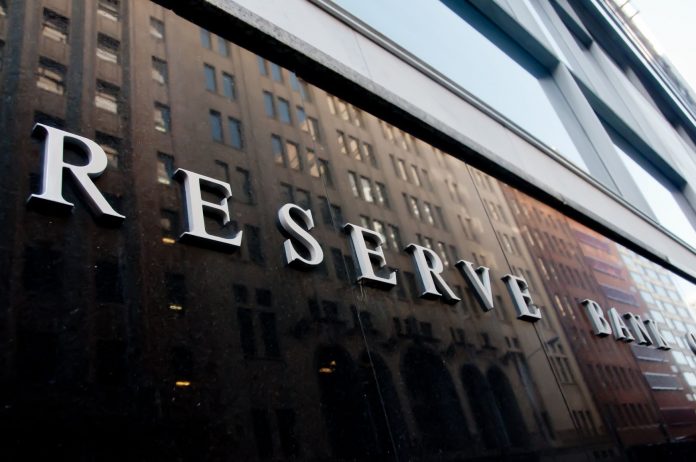Economists expect the Reserve Bank will keep its interest-rate settings steady, although will be keen to hear its views on housing, which is experiencing its fastest price growth in more than three decades.
Economists expect central bank governor Philip Lowe to stay on message at the monthly gathering on Tuesday – that is, interest rates are likely to remain at record lows until 2024.
The latest figures show house prices have grown at their fastest pace in 32 years, while home lending and building approvals are at, or close to, record highs.
CoreLogic research director Tim Lawless noted the last time Sydney prices were growing at such a frenetic pace was in mid-2015.
At the time, Australian regulators felt compelled to slow the pace of investor demand by putting limits on lending.
This time around, it appears to be first-home buyers that are holding court with demand for mortgages 65.8 per cent higher than a year earlier, buoyed by low lending rates.
At this stage, Australia’s Council of Financial Regulators – the RBA, Treasury, the Australian Prudential Regulation Authority and the Australian Securities and Investments Commission – appear relaxed.
The heads of these regulators have made it clear it is not their job to regulate house prices, but they will step in if lending standards show signs of slipping.
Help keep independent and fair news coming by subscribing to our free daily news feed. All it requires is your name and email. See SUBSCRIBE at the top of this article
The RBA will also release its twice-yearly financial stability review later this week, which may garner more interest than usual in regard to the housing sector.
In the meantime, the central bank will continue to pursue lower unemployment, higher wage growth and more normal inflation pressures through a mixture of a cash rate at just 0.1 per cent and a hefty bond-buying program.
ANZ will release its monthly job advertisement series on Tuesday, a key pointer to future employment.
The report comes at a time of some uncertainty over the impact of winding back government supports.
JobKeeper wage subsidies and coronavirus supplements for welfare recipients ended last week. Treasury has estimated up to 150,000 jobs could be lost from the demise of JobKeeper.





